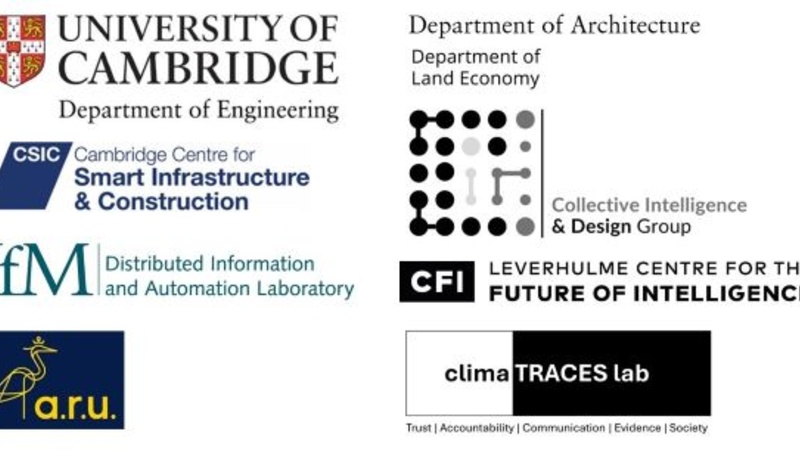Ethically-rooted AI for public value

Ethically rooted AI for decision-making to create public value in connected places
Highlights
- Aim: Transforming AI use in the public sector by prioritising ethics in digitalisation initiatives for creating public value.
- Focus: Examining AI applications in local authorities for placemaking, land use, mobility, sustainable water systems, and other use cases.
- Outcomes: Providing resources for local authorities and their digitalisation partners to integrate ethics into AI usage practically.
- Collaboration: Email ko363@cam.ac.uk or connect on LinkedIn.
- Funder:University of Cambridge AI@CAM initiative
Project Background
In the new wave of data-heavy largescale digitalisation initiatives, public sector use of artificial intelligence (AI) to tackle problems (e.g. land use and infrastructure, traffic congestion, sustainable water management) and create public value through digitalisation is growing. Some local authorities (LAs) in England and around the world are already using chatbots, machine learning, large language models and predictive analytics to generate insights to inform making city-scale decisions. This rate of development is expected to grow, considering the potential of AI to enhance several aspects of work. Despite the potential, a key problem is how to use AI ethically and responsibly – with emphasis on accountability, explainability, transparency. Already existing ethical concerns about the vast data gathering characterising city-scale digitalisation projects (e.g., cancelled Sidewalks and predictive policing initiatives) are now significantly compounded by the challenges and problems of an uncritical embrace of AI.
Approaching ethically rooted public sector AI through multi-disciplinary thinking
Developing an ethical and responsible innovation-rooted approach for public sector AI use has social and technical dimensions closely intertwined. The use of different kinds of AI as part of creating connected places through digitalisation is at the nexus of a close examination of what happens in practice, and rigorous inter-disciplinary research cutting across the knowledge domains of engineering, spatial and urban governance, decision making, and ethics and philosophy. To develop an ethically-rooted approach for public sector AI use, therefore, ultimately requires a socio-technical view and multi-disciplinary knowledge.
Transforming the landscape of public sector AI use through practice-informed research
To transform the future landscape in the public sector, this project aims to put ethical considerations at the heart of decisions to use AI within digitalisation initiatives to create public value. The project is part of five newly funded research under the University of Cambridge’s flagship mission on artificial intelligence through AI@CAM initiative, created to drive a new wave of AI innovation for the benefit of science, citizens and society.
The interdisciplinary project, “Decision-making with AI in connected places and cities: Developing an ethical and responsible innovation rooted approach for public value creation” will investigate how local authorities in England (and elsewhere) are using AI to make decisions about issues including placemaking, land use and mobility, and sustainable water supply systems. To this end, the project examines the multi-party process of decision making to identify motivations for considering or exploring AI use to address large-scale urban challenges.
Outcomes
Driven by the vision for a future of public sector AI use in large scale digitalisation initiatives, the project will deliver new knowledge to shape real world city-scale decision-making practices about AI use in the public sector. Practical insights will be developed into a guidance, and professional development workshops for LAs and their project partners, focused on how to make ethically informed decisions about AI use within large scale digitalisation initiatives.
Designed as a practice-informed and impact driven research, the project emphasizes engagement with city managers in LAs and their digitalisation project delivery partners to discover considerations that are made when contemplating using AI, particularly to identify any ethical/responsible innovation elements incorporated.
Interdisciplinarity
The Department of Engineering at the University of Cambridge is leading this interdisciplinary project, facilitating collaboration among experts from the Departments of Land Economy, Architecture, the Leverhulme Centre for Future Intelligence, Cambridge Zero, and Anglia Ruskin University.
Collaboration
If you would like to find out more about this research project or would like to get involved, please get in touch. Alternatively, email Dr Kwadwo Oti-Sarpong (ko363@cam.ac.uk).

